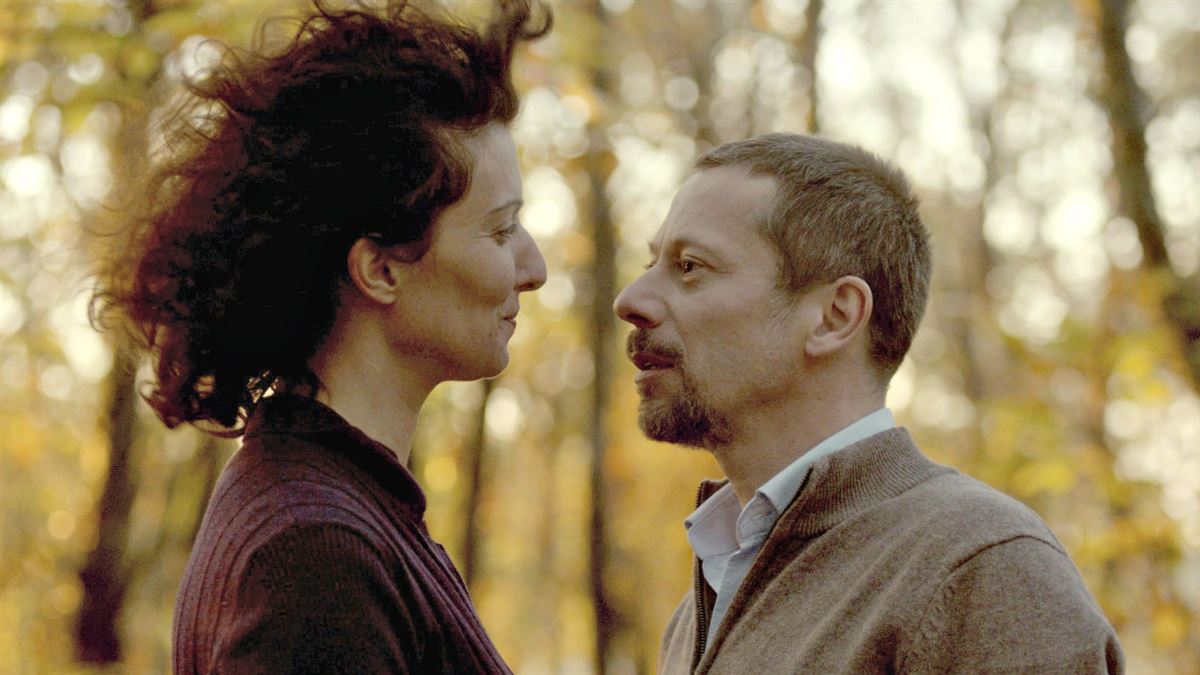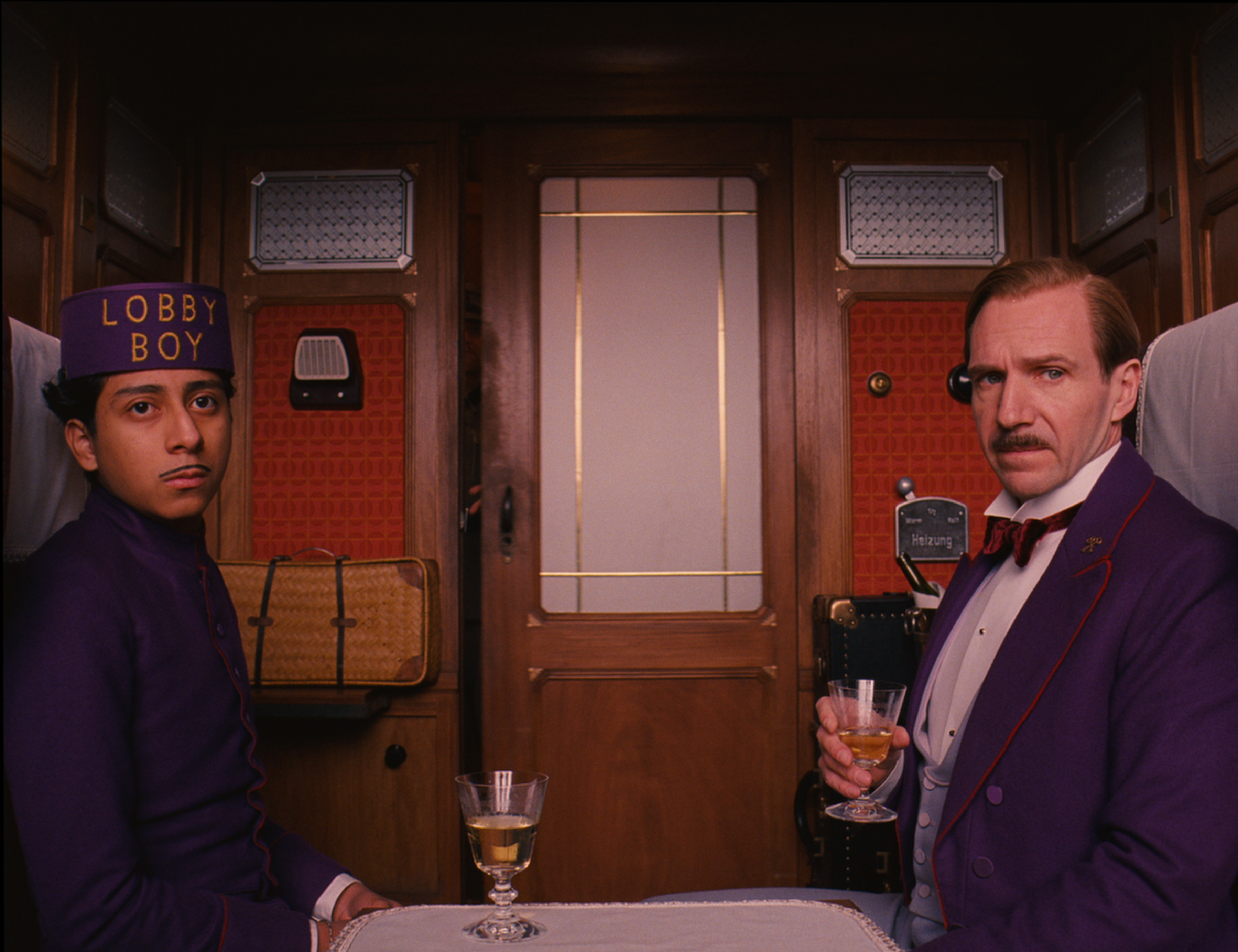The Blue Room
by Hope Madden
A quietly hypnotic tale that slowly takes shape, The Blue Room is an impressive piece of French cinema. This story of a clandestine love affair is hauntingly told with flashbacks that blend languidly with the present to create a dreamy effect.
Known best for performances like his devastatingly complex Jean-Do in The Diving Bell and The Butterfly, Mathieu Amalric proves just as nimble when behind the camera. He directs, stars and co-adapts the novel by respected and prolific crime writer Georges Simenon, a sordid yet restrained tale of love, suspicion and shame.
While Amalric weaves dreamily between a couple’s passionate moments, the man’s memory of his recent past, and his current predicament, Christophe Beaucarne’s camera articulates every detail. Amalric creates an atmosphere that mirrors his character Julien’s state of mind.
His performance is just as impressive. As these details swim through his consciousness alongside fragments of passion and moments of familial happiness, we and he try to make sense of what’s going on. As we finally, simultaneously, understand, the effect is as devastating to us as it is to Julien.
Amalric’s turn is as restrained as the storytelling, and his face animates his growing helplessness, terror and realization.
It’s a slight story, padded with no fat at all and clocking in at a slick 75 minutes. Within that timeframe, Amalric picks at your nerves, keeps you guessing, and delivers a tidy little mystery.









